

— Products —
 Consumer hotline +8618073152920
Consumer hotline +8618073152920 WhatsApp:+8615367865107
Address:Room 102, District D, Houhu Industrial Park, Yuelu District, Changsha City, Hunan Province, China
All products
Agriculture soil moisture sensors are critical tools in modern farming, enabling farmers and agricultural professionals to monitor soil moisture levels accurately. These sensors help optimize irrigation practices, ensuring water is used efficiently and crops receive the moisture they need for healthy growth. Understanding how these sensors work, their types, benefits, and applications can significantly impact agricultural productivity and sustainability.
Tel/WhatsApp:+8615367865107
Email:Arvin@niubol.com +Nearly 100 partner companies in more than 68 countries. We are committed to providing high-quality, practical products to meet your needs and help you solve problems. Our products comply with international standards and are certified with ISO, CE and RoHS.Product Details
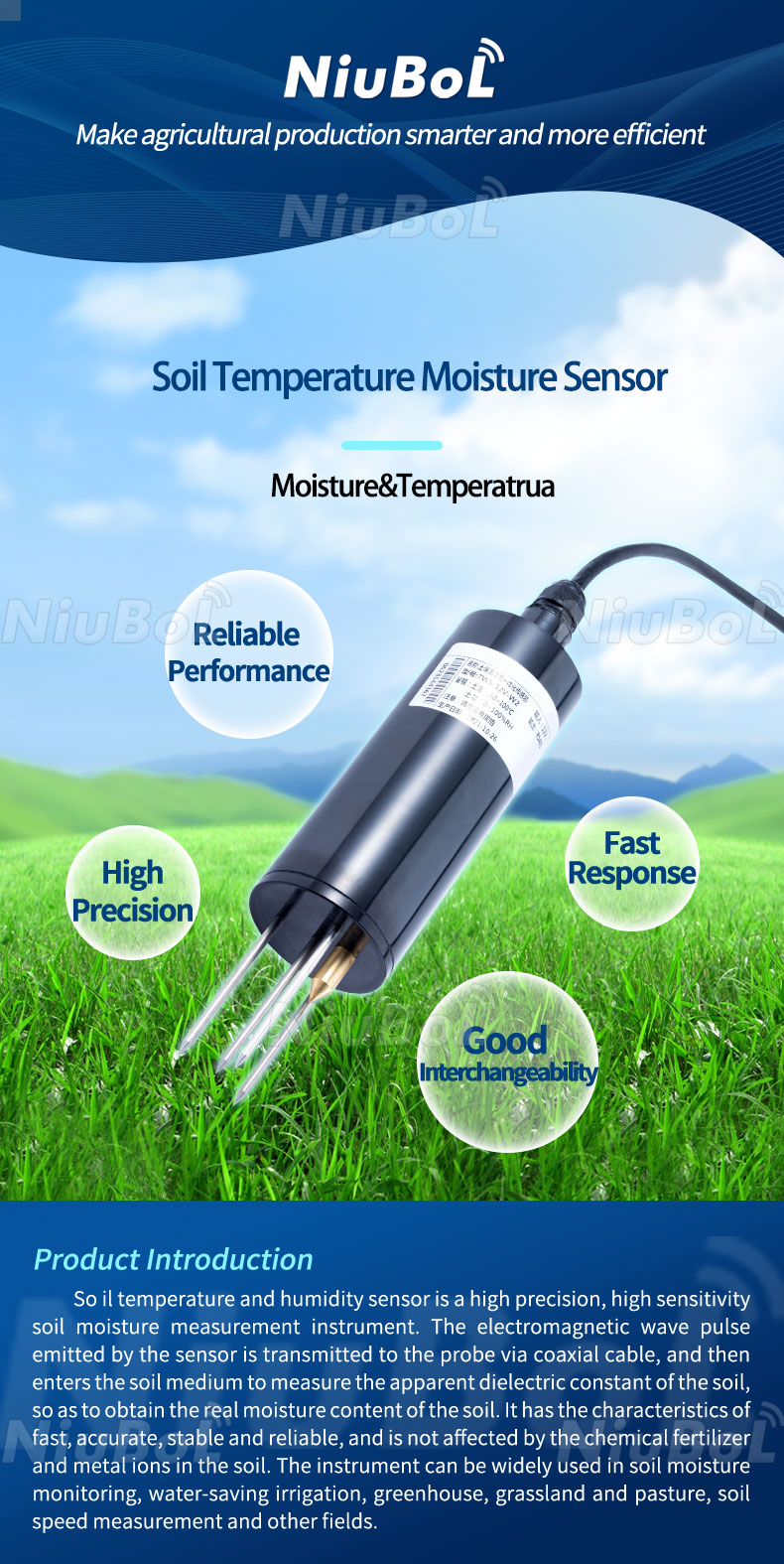
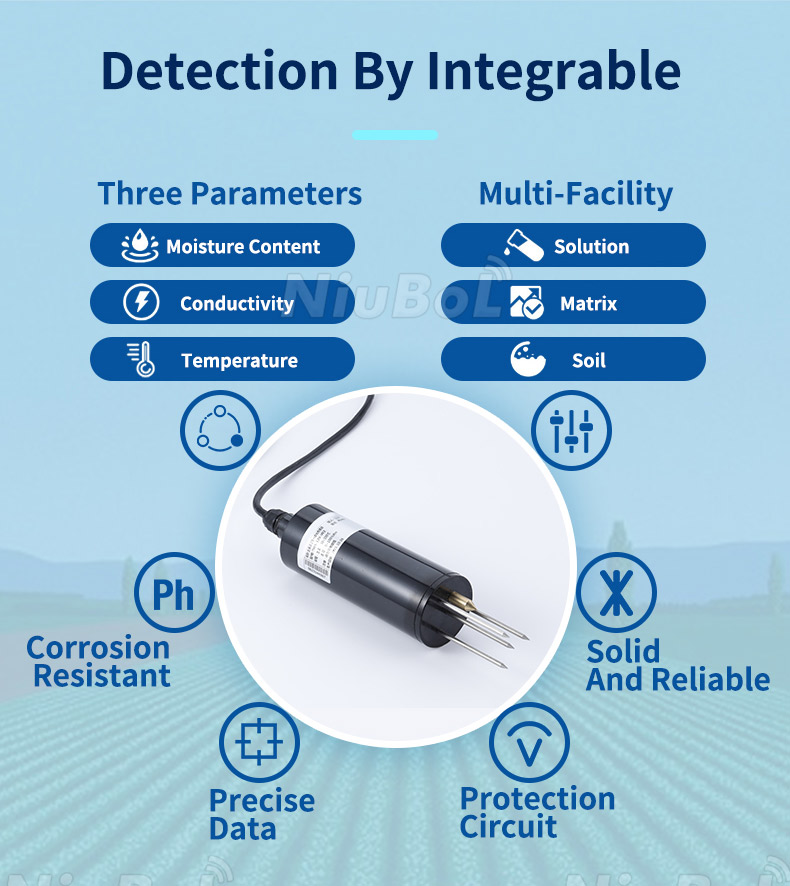
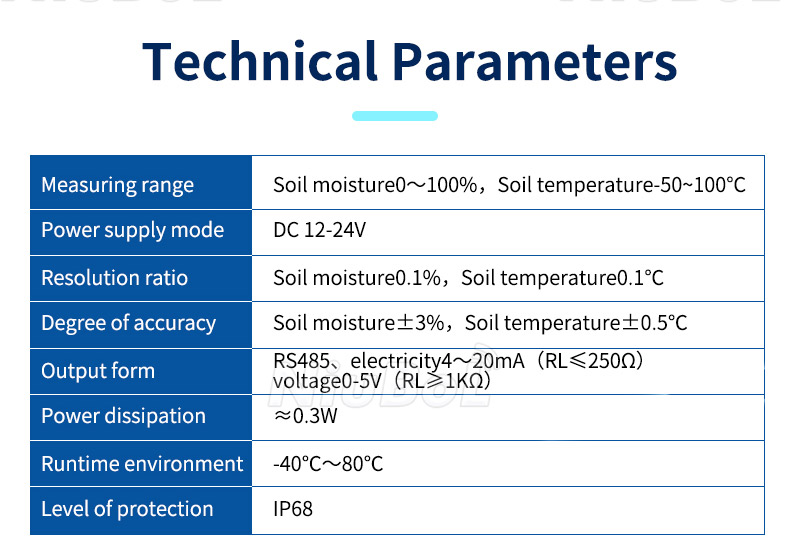
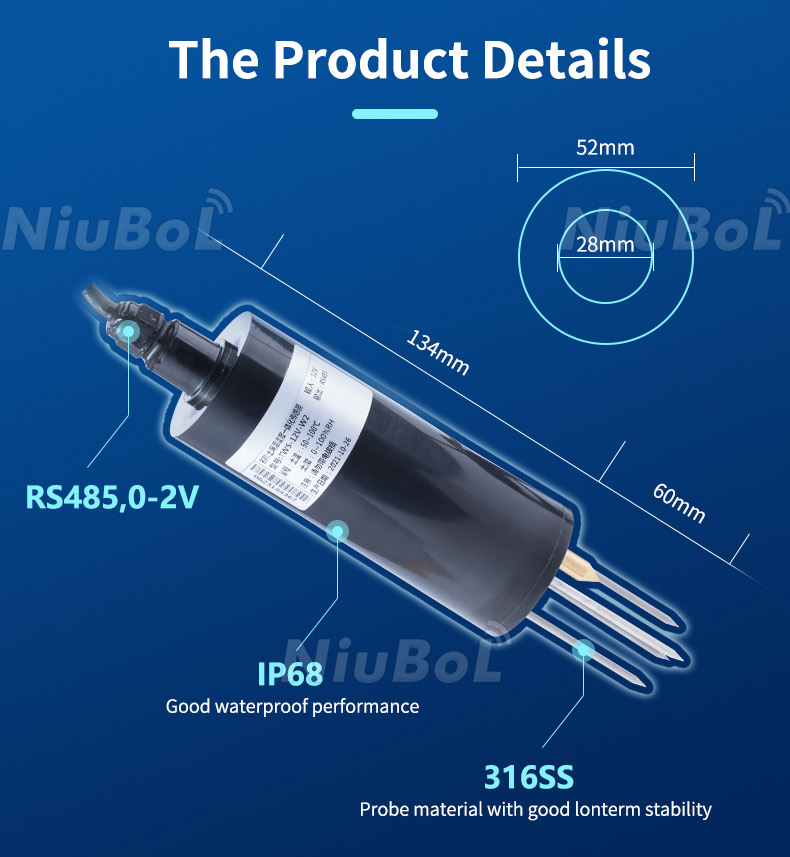
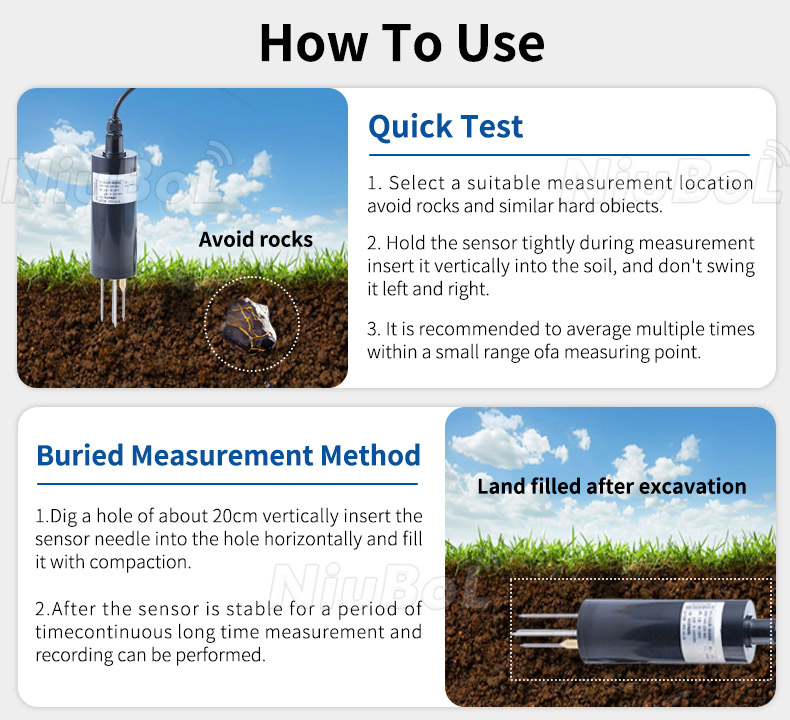
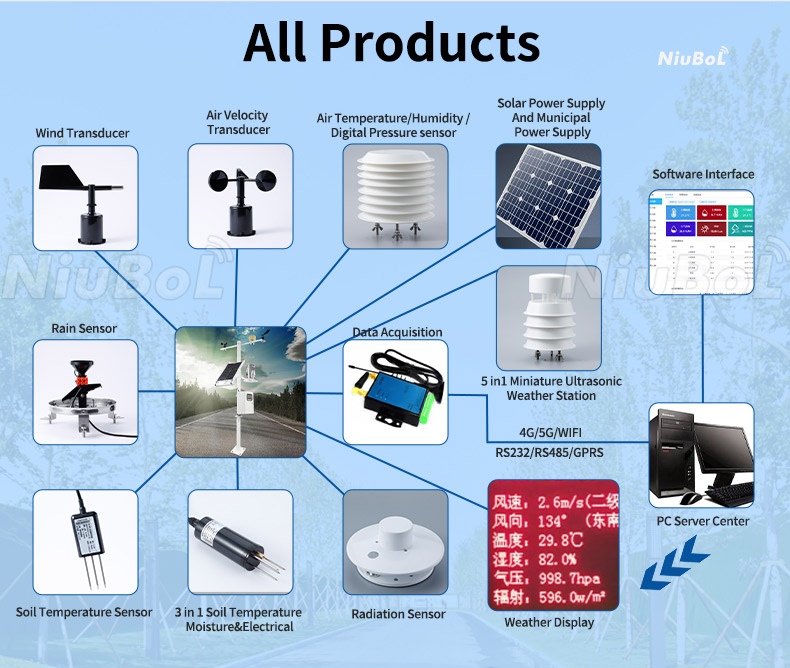
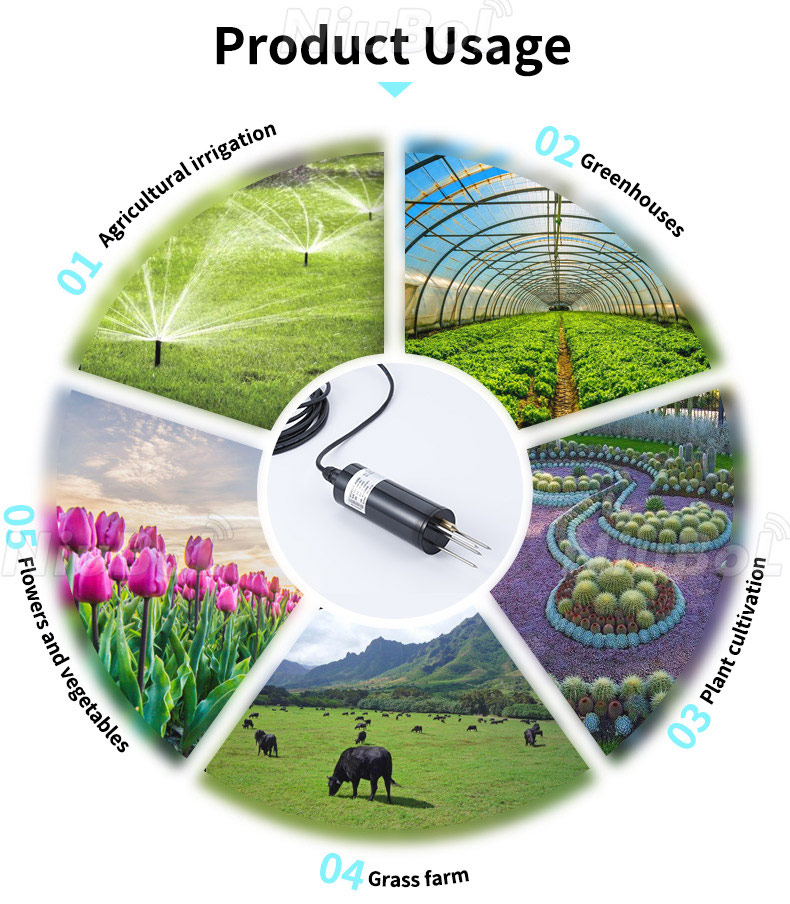
Agriculture soil moisture sensors are critical tools in modern farming, enabling farmers and agricultural professionals to monitor soil moisture levels accurately. These sensors help optimize irrigation practices, ensuring water is used efficiently and crops receive the moisture they need for healthy growth. Understanding how these sensors work, their types, benefits, and applications can significantly impact agricultural productivity and sustainability.
Soil moisture sensors measure the volumetric water content (VWC) in the soil, providing data that can inform irrigation decisions. They typically work by measuring the dielectric constant of the soil, which changes with moisture level because the dielectric constant of water is much higher than that of soil or air. The sensors send an electrical signal into the soil and measure the response, which varies depending on the soil's moisture content.
1. Capacitive Sensors: These sensors use a capacitive technique to measure the dielectric permittivity of the surrounding medium (soil). The sensor does not make direct contact with the soil, reducing corrosion or degradation over time. They are known for their long-term stability and accuracy.
2. Frequency Domain Reflectometry (FDR) Sensors: FDR sensors send a low-frequency radio wave through the soil and measure the reflection rate off the soil-sensor interface. The amount of reflected wave is related to the soil's water content. These sensors are typically deeper-penetrating than capacitance sensors and are useful for monitoring soil moisture at greater depths.
3. Time Domain Reflectometry (TDR) Sensors: TDR sensors send a short pulse of electromagnetic energy through a coaxial cable buried in the soil. By measuring the time it takes for the pulse to reflect back, the sensor can calculate the soil's dielectric constant and, consequently, its moisture content. TDR sensors are known for their precision and ability to handle a wide range of soil types and conditions.
4. Tensiometers: Tensiometers measure soil water potential rather than volumetric water content. They consist of a water-filled tube sealed with a porous ceramic cup at one end, buried in the soil. As soil dries, water is drawn out of the tensiometer, creating a vacuum measured by a gauge. This method helps understand how easily plants can extract water from the soil.
- Improved Water Use Efficiency: By precisely applying water only when and where it's needed, farmers can significantly reduce water waste.
- Enhanced Crop Yield and Quality: Proper irrigation based on soil moisture data can improve crop health and yield by preventing stress from over or under-watering.
- Cost Savings: Efficient water use leads to lower irrigation costs. Additionally, by optimizing irrigation, farmers can also save on energy costs related to pumping water.
- Environmental Conservation: Reducing excessive irrigation conserves water resources and minimizes runoff, which can carry fertilizers and pesticides into nearby water bodies.
- Data-Driven Farming: Soil moisture sensors are part of precision agriculture technologies, allowing for more accurate and automated farming practices. This data can be integrated with other information, such as weather forecasts, to optimize irrigation schedules further.
While soil moisture sensors are invaluable for modern agriculture, their accuracy and longevity depend on proper installation, calibration, and maintenance. It's essential to place sensors at appropriate depths and locations to representatively measure the root zone's moisture conditions. Calibration to local soil types can enhance accuracy, as different soils have varying water-holding capacities. Regular maintenance, including cleaning and checking for damage, ensures reliable operation over time.
In conclusion, agriculture soil moisture sensors play a pivotal role in optimizing irrigation practices, leading to more sustainable and productive farming. By leveraging these technologies, farmers can make informed decisions that benefit both their yields and the environment.
Sensors & Weather Stations Catalog
Agriculture Sensors and Weather Stations Catalog-NiuBoL.pdf
Weather Stations Catalog-NiuBoL.pdf
Related recommendations
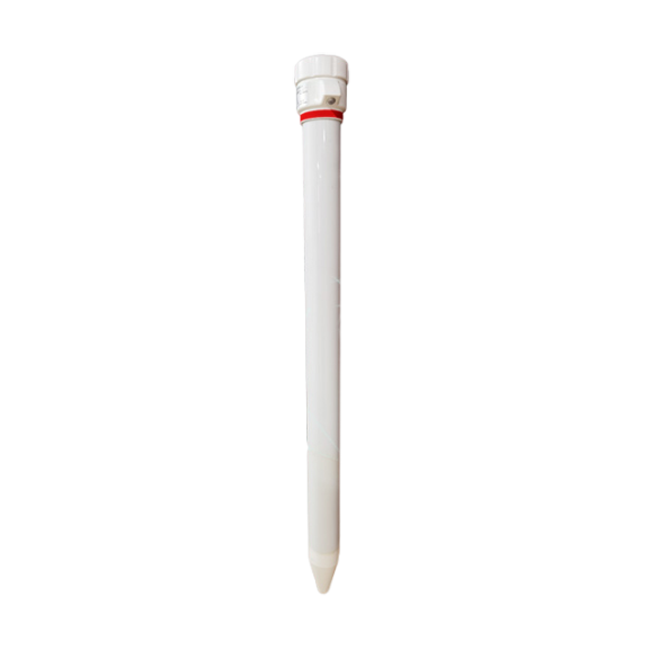 Multi-Depth Soil Sensor RS485
Multi-Depth Soil Sensor RS485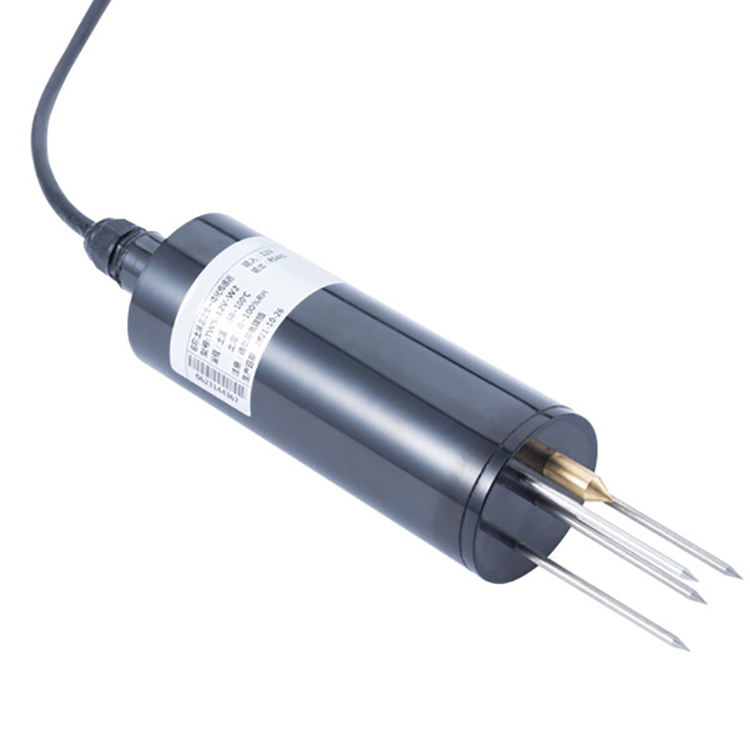 TDR Soil Moisture Sensor
TDR Soil Moisture Sensor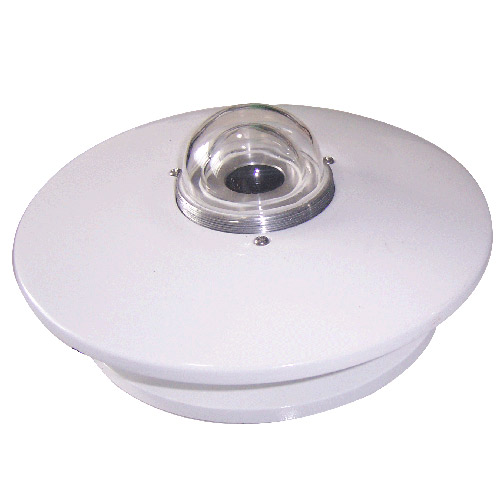 Pyranometer Solar Radiation Sensors
Pyranometer Solar Radiation Sensors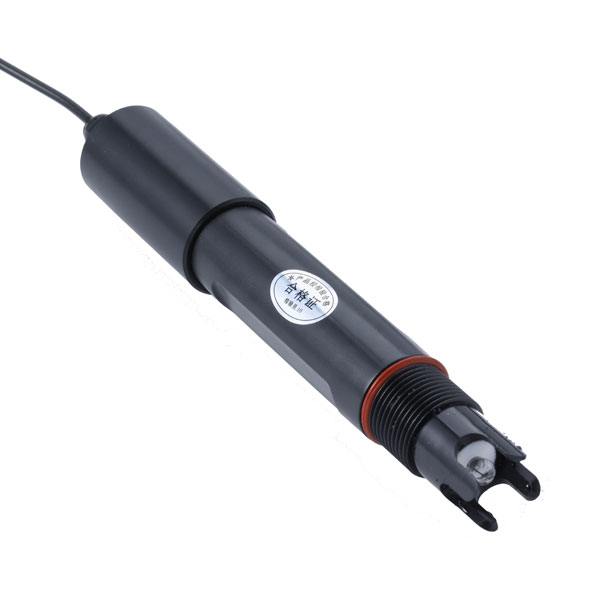 Soil ph sensor
Soil ph sensor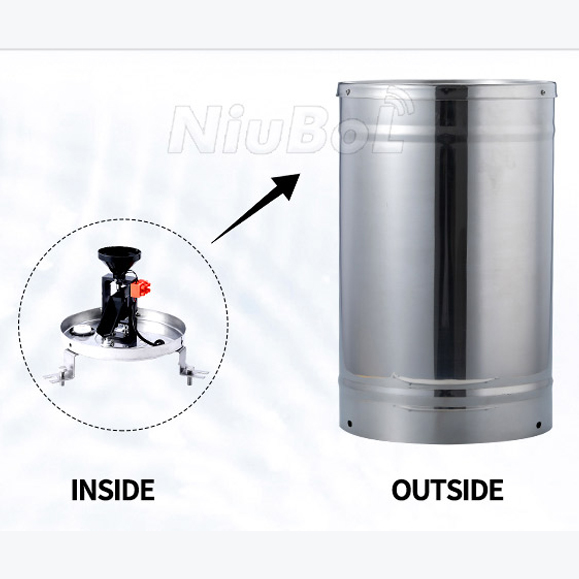 Tipping Bucket Rain Gauge
Tipping Bucket Rain Gauge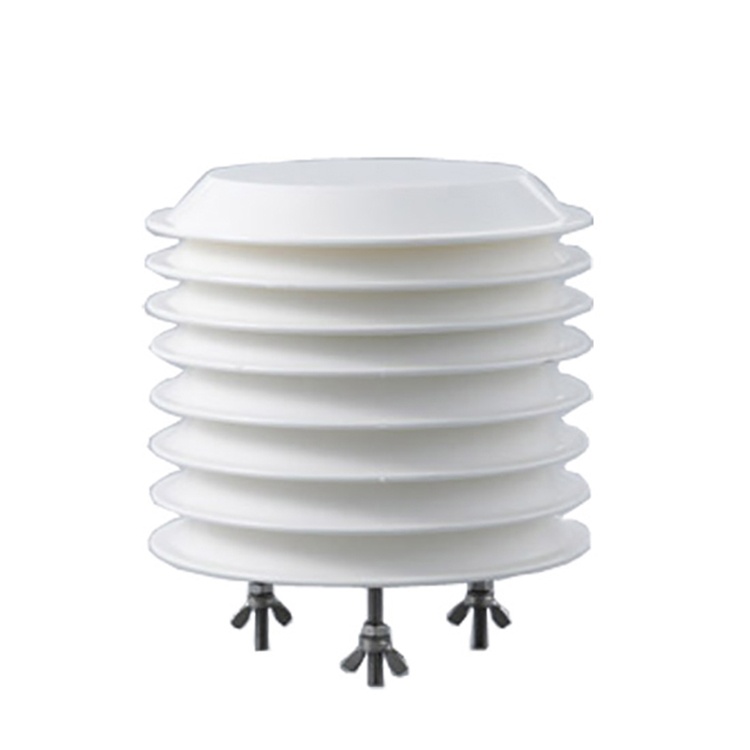 Air Temperature and Humidity Sensor
Air Temperature and Humidity Sensor
Screenshot, WhatsApp to identify the QR code
WhatsApp number:+8615367865107
(Click on WhatsApp to copy and add friends)
